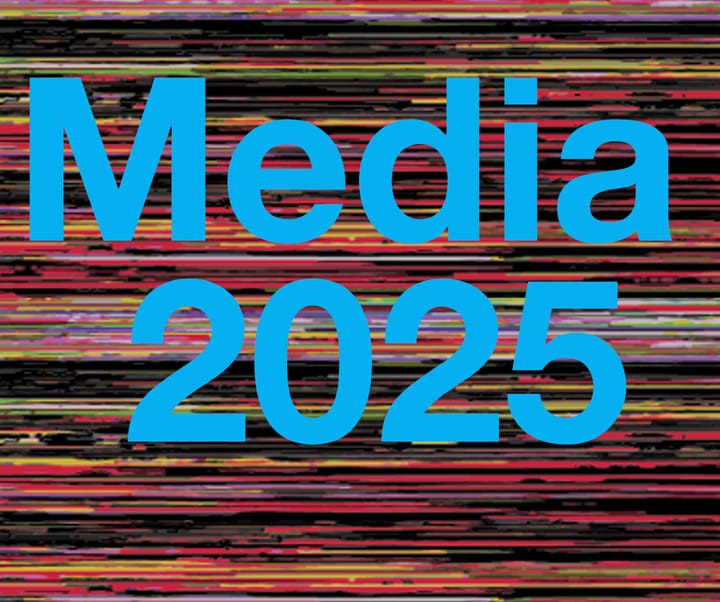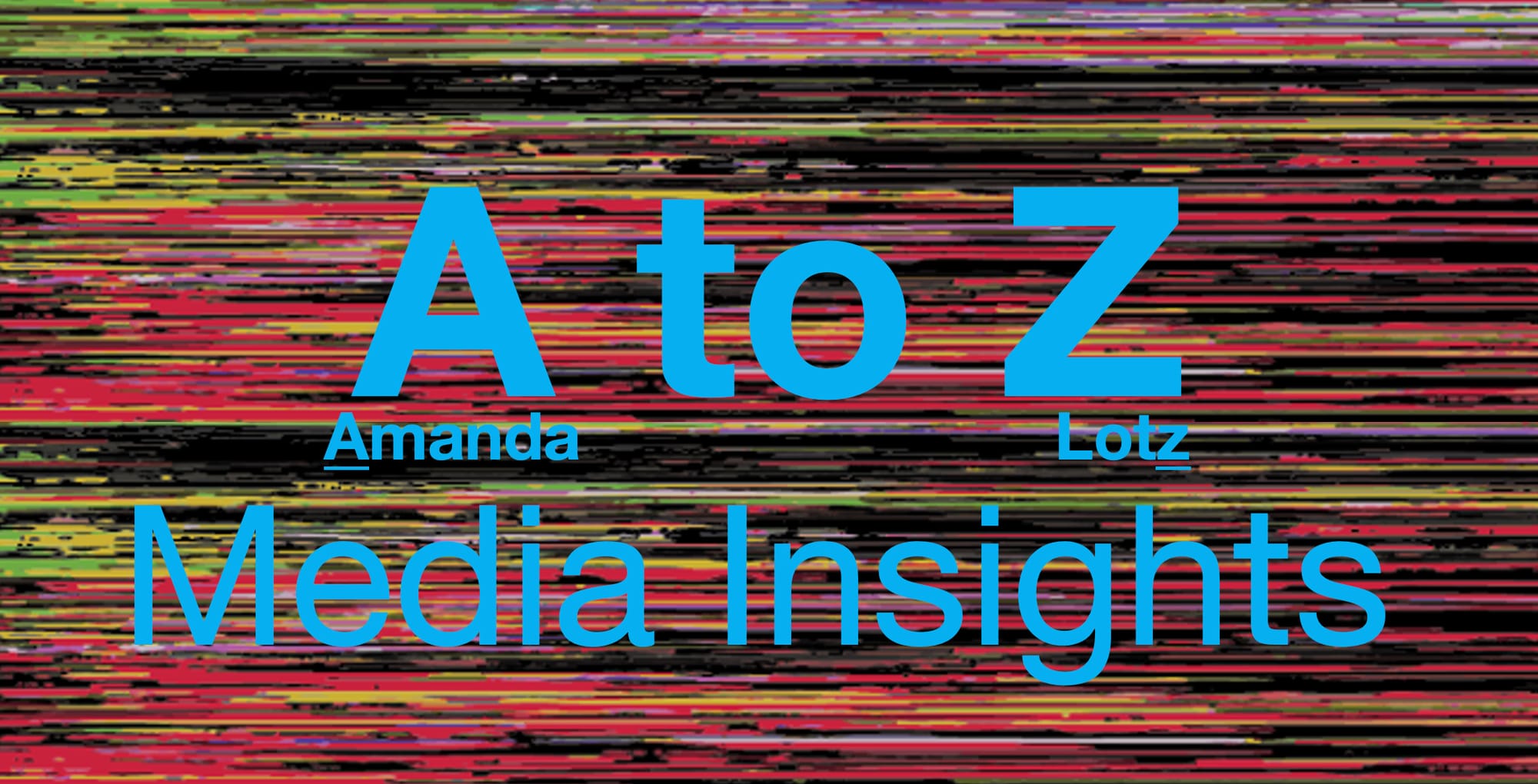
Media 2025 Explainer
Announcing Media 2025 – an experiment in digital-era publishing that is a cross-between a limited newsletter and a short book. It's 11 posts (10 paywalled – nearly 20,000 words) that provide state-of-the-moment thinking. Details and table of contents here.






